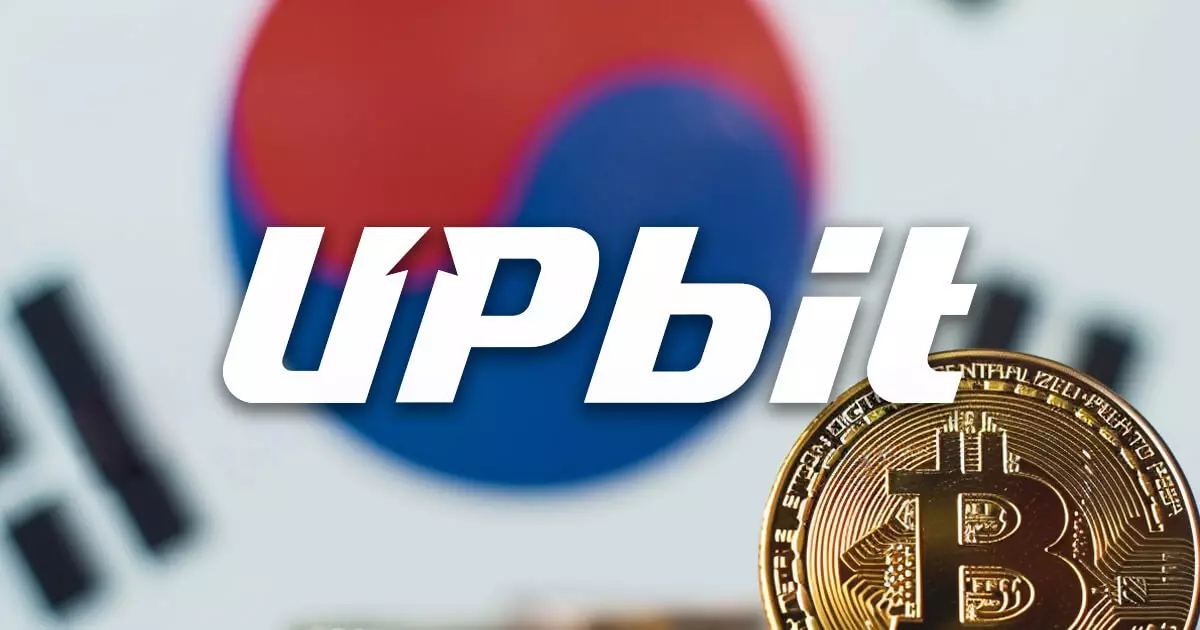In a significant development within South Korea’s burgeoning cryptocurrency landscape, the Financial Services Commission (FSC) has announced an investigation into Upbit, the country’s leading crypto trading platform. This decision, confirmed by FSC Chairman Kim Byung-hwan, comes in response to growing concerns about Upbit’s substantial influence on the overall virtual asset market. As local news reports indicate, the investigation was prompted by the apprehensions highlighted by lawmaker Lee Kang-il regarding the relationship between Upbit and K Bank, South Korea’s first internet-only bank.
The dynamics between Upbit and K Bank reveal a compelling narrative about the entanglements within South Korea’s financial institutions. K Bank has been eyeing a sizeable Initial Public Offering (IPO) in 2024, aimed at raising around 984 billion won (approximately $731.64 million). However, the investigation sheds light on a more complex picture: Upbit’s deposits constitute a staggering 4 trillion won out of K Bank’s total deposits of 22 trillion won, representing nearly 20% of the bank’s resources. Such reliance raises alarm bells for regulators, who are increasingly wary that any operational disruptions at Upbit could potentially catalyze a bank run on K Bank.
Further complicating matters is K Bank’s policy of offering competitive interest rates—attractively set at 2.1%—on deposits tied to Upbit accounts. Critics, including Lee Kang-il, have cautioned that this interest rate, while appealing to consumers, is unsustainable given K Bank’s relatively low-profit margins. This brings to the forefront an essential debate about the viability of such financial strategies in an increasingly volatile cryptocurrency marketplace. The implications of this relationship also raise ethical questions concerning the blending of traditional banking practices with the risk-laden world of digital assets.
As a pivotal piece of the regulatory landscape, the FSC’s investigation will not only scrutinize the financial interdependencies between Upbit and K Bank but will also evaluate the impact of such partnerships on the digital financial ecosystem. The Virtual Asset Committee is slated to conduct thorough assessments, and any findings could signal significant shifts in how digital assets are governed in South Korea. This investigation is taking place in the aftermath of a recent memorandum of understanding (MOU) involving Dunamu, Upbit’s parent company, K Bank, and BC Card, which aims to synthesize their respective digital services into a cohesive financial model.
As the investigation unfolds, it highlights the fragile balance between innovation and regulation in the fast-evolving landscape of digital finance. This inquiry serves as a crucial reminder that while advancements in financial technology can unlock new opportunities, regulatory vigilance is essential to maintain market integrity and protect consumers. The outcomes of this investigation will undoubtedly influence future regulatory frameworks in South Korea and could set a precedent for how financial entities engage with emerging technologies worldwide.

